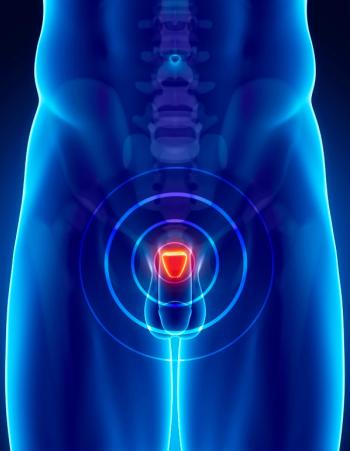
According to researchers, these early data support the rationale for further evaluation of immune-checkpoint inhibitor-based combinations in patients with metastatic castration resistant prostate cancer.

Your AI-Trained Oncology Knowledge Connection!


According to researchers, these early data support the rationale for further evaluation of immune-checkpoint inhibitor-based combinations in patients with metastatic castration resistant prostate cancer.
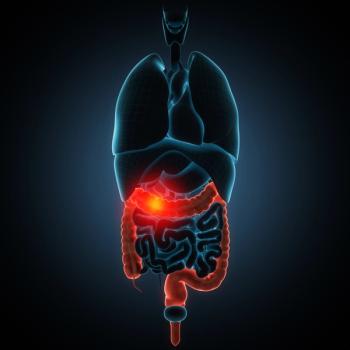
The combination of nivolumab (Opdivo) and chemotherapy led to a statistically significant survival benefit among previously untreated patients with PD-L1–positive advanced gastric cancer, gastroesophageal junction cancer, and esophageal adenocarcinoma.
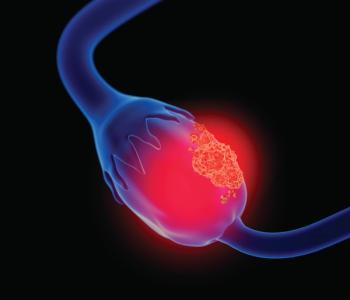
The study found that that weekly dose-dense chemotherapy is not superior to standard 3 weekly chemotherapy for patients with epithelial ovarian cancer with regard to progression-free survival and overall survival.

The biologics license application for idecabtagene vicleucel is for the treatment of adult patients with multiple myeloma who have received at least 3 prior therapies, including an immunomodulatory agent, a proteasome inhibitor, and an anti-CD38 antibody.
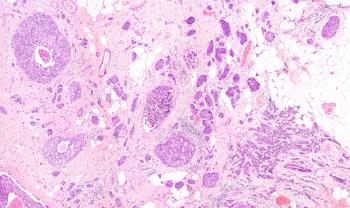
Findings from the phase 2 FLIPPER trial indicated that frontline fulvestrant (Faslodex) in combination with palbociclib (Ibrance) demonstrated an improvement in PFS at 1 year in patients with endocrine-sensitive HR-positive, HER2-negative metastatic breast cancer.

“The combination of cabozantinib and atezolizumab demonstrated encouraging clinical activity in previously untreated patients with advanced ccRCC,” said investigator Sumanta Kumar Pal, MD.
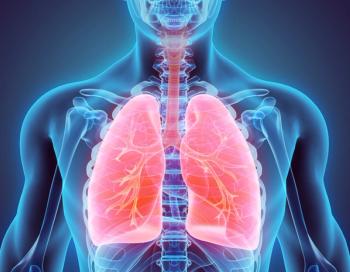
Based on these data, researchers indicated that adjuvant osimertinib would be an effective and practice-changing treatment in this setting.
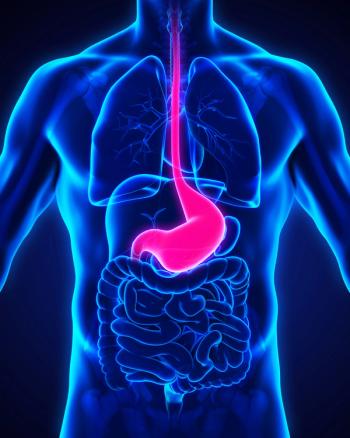
Frontline pembrolizumab (Keytruda) plus chemotherapy significantly improved overall survival, progression-free survival, and objective response rates compared with chemotherapy alone in patients with locally advanced unresectable or metastatic esophageal cancer.

In patients with metastatic castration-resistant prostate cancer (mCRPC) with PTEN loss, ipatasertib combined with abiraterone acetate (Zytiga) plus prednisone led to a significantly superior radiographic progression-free survival and antitumor activity.
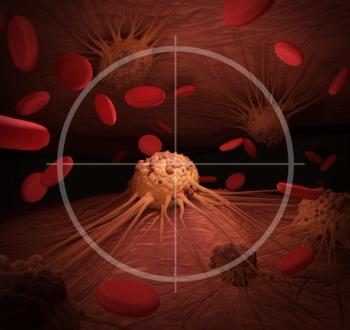
Apatinib in combination with gefitinib in the first-line setting demonstrated superior progression-free survival (PFS) in patients with advanced EGFR-mutant non–small cell lung cancer.
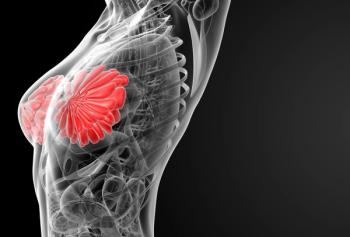
Patients with triple-negative breast cancer experienced improved pathologic complete responses with the addition of neoadjuvant atezolizumab to chemotherapy.
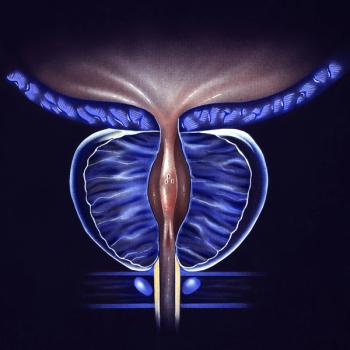
The PARP inhibitor reduced the risk for death by 31% in men with metastatic castration-resistant prostate cancer, compared with enzalutamide or abiraterone plus prednisone.
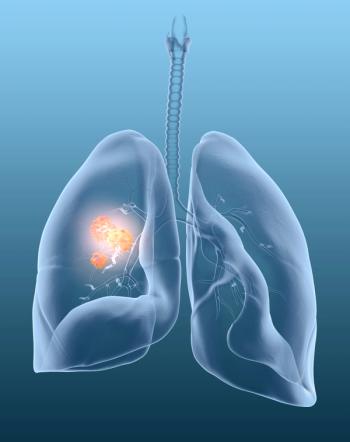
First-line treatment with the third-generation ALK TKI was also associated with higher overall and intracranial response rates in patients with ALK-positive non–small cell lung cancer.
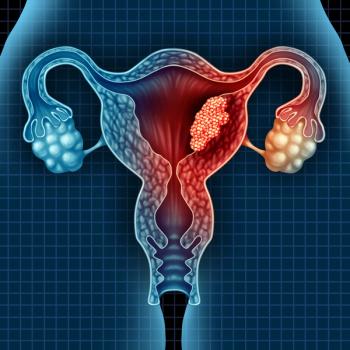
“Dostarlimab demonstrated durable antitumor activity in both dMMR and MMRp advanced and recurrent endometrial cancer,” said Ana Oaknin, MD, PhD.
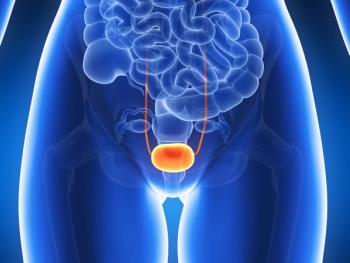
Sacituzumab govitecan-hziy induced significant activity with favorable tolerability in heavily pretreated patients with metastatic urothelial carcinoma.
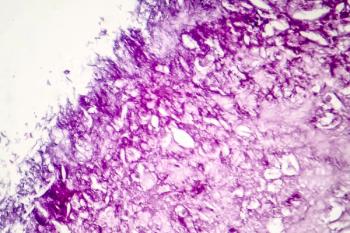
Data for the phase 3 COMBI-i trial showed that spartalizumab combined with dabrafenib and trametinib did not meet its primary end xpoint of investigator-assessed progression-free survival.

Frontline pembrolizumab induced clinically meaningful improvements in the health-related quality of life of patients with microsatellite instability-high and/or mismatch repair-deficient metastatic colorectal cancer.
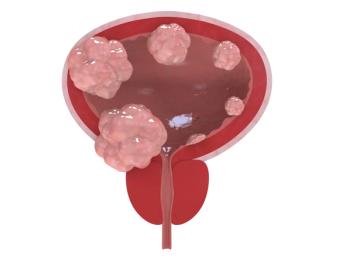
Durvalumab, with or without tremelimumab, failed to meet its primary end point of overall survival in patients with metastatic urothelial cancer.

The combination use of nivolumab plus ipilimumab, compared with sunitinib, continued to show benefit during a 4-year follow-up in patients with advanced renal cell carcinoma.
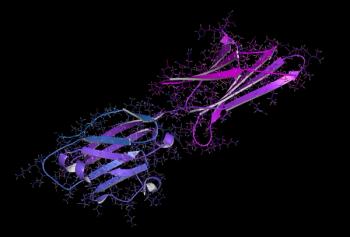
“PD-L1 expression was significantly associated with pCR, which increased with higher PD-L1 expression on immune cells,” said Giampaolo Bianchini, an author of the NeoTRIPaPDL1 study.

“With expanding options for patients with advanced RCC, the overall efficacy, safety, and quality of life benefits, as well as individual patient characteristics, are very important considerations when you select appropriate therapy.”
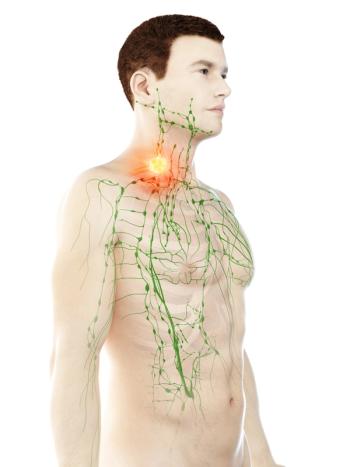
The first-in-class inhibitor of apoptosis protein (IAP) antagonist significantly improved overall survival in patients with LA-SCCHN.

Induction avelumab prior to standard of care led to a clinically relevant worsening of survival as the first-line treatment for patients with metastatic urothelial carcinoma.

The liquid biopsy was approved by the FDA for comprehensive genomic profiling in patients with any solid malignant neoplasm.
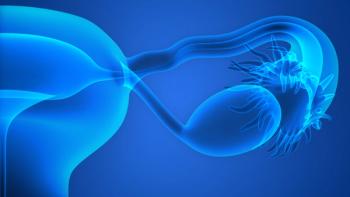
The phase 3 SOLO-1 trial is evaluating olaparib versus placebo as a first-line maintenance treatment in patients with newly diagnosed, advanced BRCA-mutated ovarian cancer who had a complete or partial response following platinum-based chemotherapy.

The clinical trial is comparing enfortumab vedotin-ejfv to chemotherapy in adult patients with locally advanced or metastatic urothelial cancer who were previously treated with a platinum-based chemotherapy and a PD-1 or PD-L1 inhibitor.
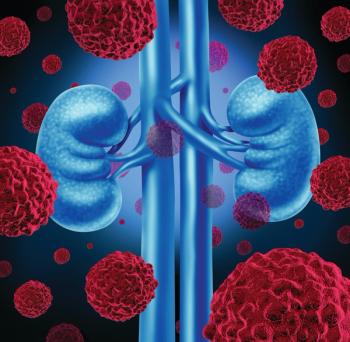
With a follow-up of 4 years, nivolumab plus ipilimumab continued to demonstrate superior, long-term overall survival and durable responses compared to sunitinib in patients with advanced renal cell carcinoma.
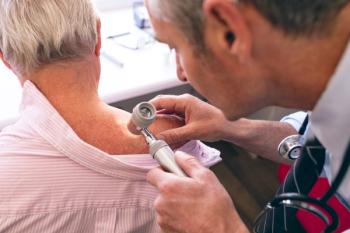
These findings suggest that rozanolixizumab has good potential as a treatment for this patient population.

Results from the study suggest that ctDNA testing can be seen as a standard of care test for both common and rare genetic events for patients with breast cancer.
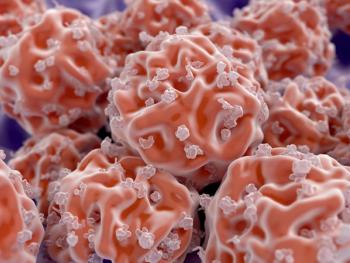
Researchers indicated these study findings “could be a note of caution for transplant centers to not take for granted that the frozen product they have received will show perfect recovery once thawed.”